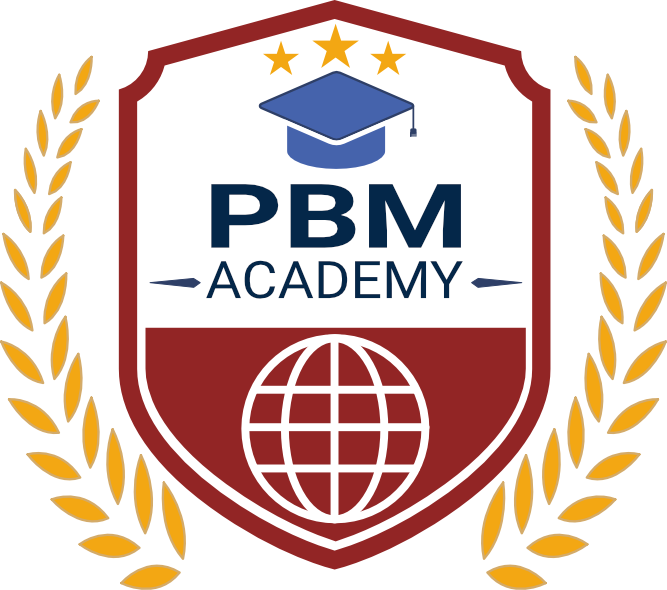
Cost savings from automated scheduling and electronic billing can be significant, but providers must determine which option will yield the most returns. When a healthcare business establishes an effective bookkeeping and financial recording processes, patient’s payments are handled in a timely and professional manner, meeting their expectations. This keeps positive dialogue open with the patient since there are fewer issues or concerns, impacting the second factor as well. Make sure to look at those areas of high expenses, such as rent and wages. While managing wages for a highly trained staff is difficult, you can find ways to reduce rental costs. Not only can you mitigate rental fees, but you will provide better medical options for your patients.

How do you choose the right accounting method for medical practices?
As the healthcare landscape continues to change, so too must the strategies and methodologies in medical accounting, necessitating a proactive and informed approach to financial management. The ever-changing landscape of healthcare policies and insurance plans requires practices to be flexible and responsive. This involves staying informed about policy changes, understanding how they impact billing and reimbursement, and adjusting accounting practices accordingly. The variability in insurance plans also necessitates a thorough understanding of different coverage policies to ensure accurate billing. Accounting for medical practices is a specialized field that combines fiscal responsibility with healthcare service. This comprehensive guide delves into the essential components and practices of accounting in the medical sector, highlighting its significance and complexity.
- If you want to know the pulse of your business, make sure to create a schedule for profit and loss statements.
- Efficiently managing the cash flow from accounts receivable is a balancing act.
- Others, like payroll, can be outsourced to independent companies that specialize in the task.
- Partnering with bookkeeping specialists like Uplinq can further optimize your systems and provide the ongoing strategic guidance that prosperous practices rely on.
- The method is similar to accrual accounting, but billables and receivables are logged when paid, not received.
Explore what you can do with QuickBooks
Medical businesses can streamline their billing procedures, lower claim denials, and enhance cash flow with good bookkeeping. A good bookkeeping system keeps track of important documents and accounts receivable and provides data quickly. Technology can also provide accurate financial records and make reconciling balances and preparing financial statements faster. Because it provides a trustworthy trail of financial information and serves as a proof of moral and legal behavior, bookkeeping is essential for audits, investigations, and legal cases. Bookkeeping services for doctors and specific technologies like QuickBooks for medical practices have become essential for streamlining these operations.
Maintain an Efficient Patient Management System

Real-time collaboration tools in Xero enable smooth communication between practitioners and their bookkeepers or financial advisors. For professionals who are constantly on the go, its mobile accessibility is useful. Because of its adaptability and scalability, Xero is a desirable alternative for firms of all sizes. Outsourcing accounting, bookkeeping, and medical billing to professionals benefits medical practices. Management services organization (MSO) professionals can handle daily and monthly transactions.
Bookkeeping for Medical Practices: 5 Tips for Success
You can hire freelancers to come in once every few weeks to update your books or provide you with the needed reports. Financial statements can let you decide as to which departments are most profitable, so maybe that’s where you should focus most of your budget on. It can also tell you if you are spending too much on staff, which may lead you to make cutbacks when performing bookkeeping procedures for a medical office, it is important to to lessen expenses. If you’ve ever forgotten to record a payment you made from your checking account, you’ve already experienced the angst that having erroneous accounts can cost. On a personal level, they can lead to overdraft charges, utilities being shut down short-term, and a little bit of shame as you call your creditors and explain what happened.

Technology integration and data security
Financial statements are filled with information that will give you an idea of what’s going on in your business. It can also provide you with data that you can use when making minor and major decisions on how you would run your hospital or private practice. Many payables and receivables will be realized depending on agreed-upon terms. Installment payment for treatments is very common, and you might need to wait for payments coming from insurance companies. Similarly, goods or services acquired may be paid off after a couple of months.
Medical practices must constantly train their staff to keep up with the latest coding updates and revisions. Additionally, coding inaccuracies can lead to underbilling or overbilling, both of which have significant financial and legal implications. Implementing accounting software and integrating financial systems with Electronic Health Records (EHRs) is becoming increasingly important.
